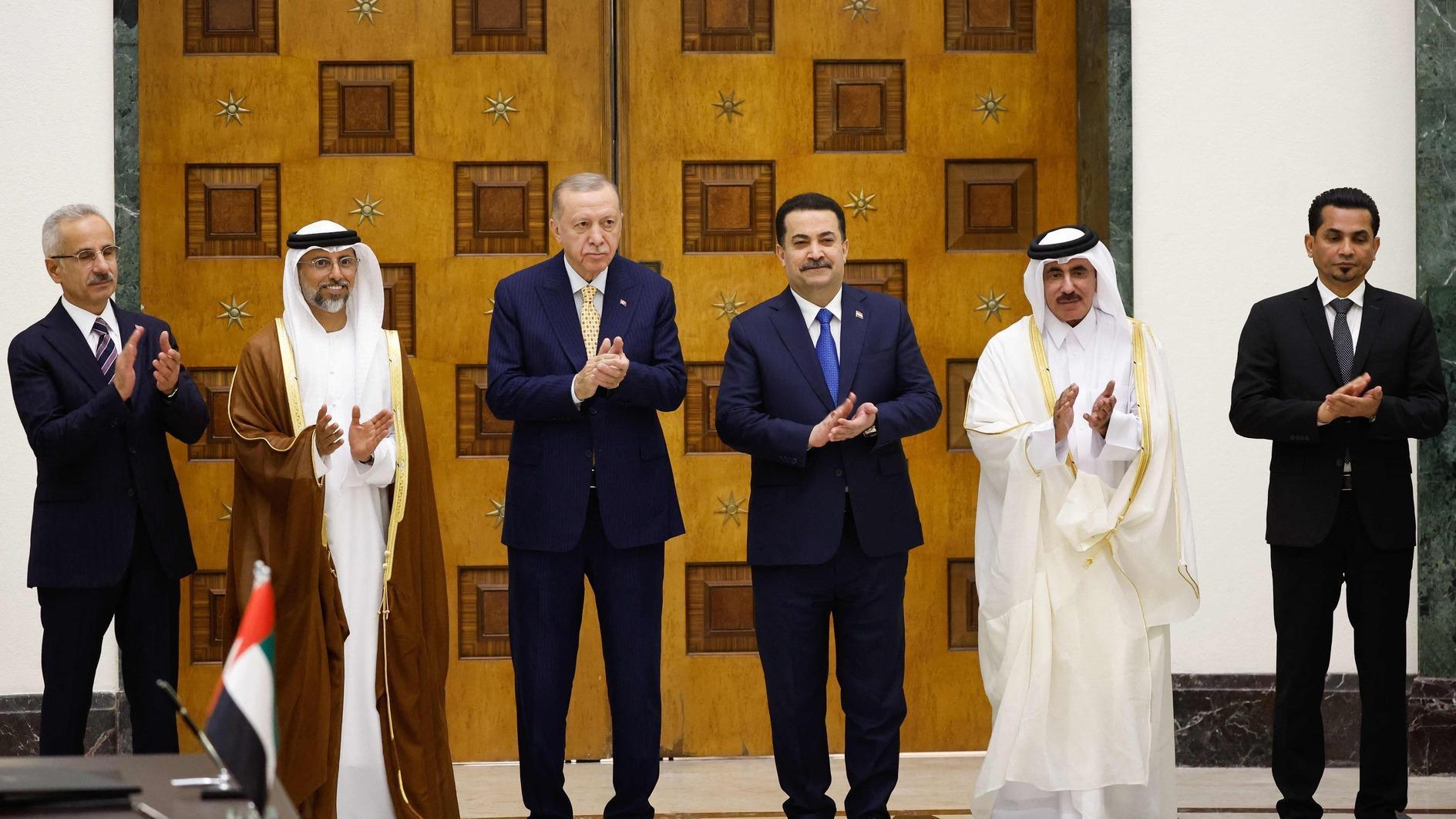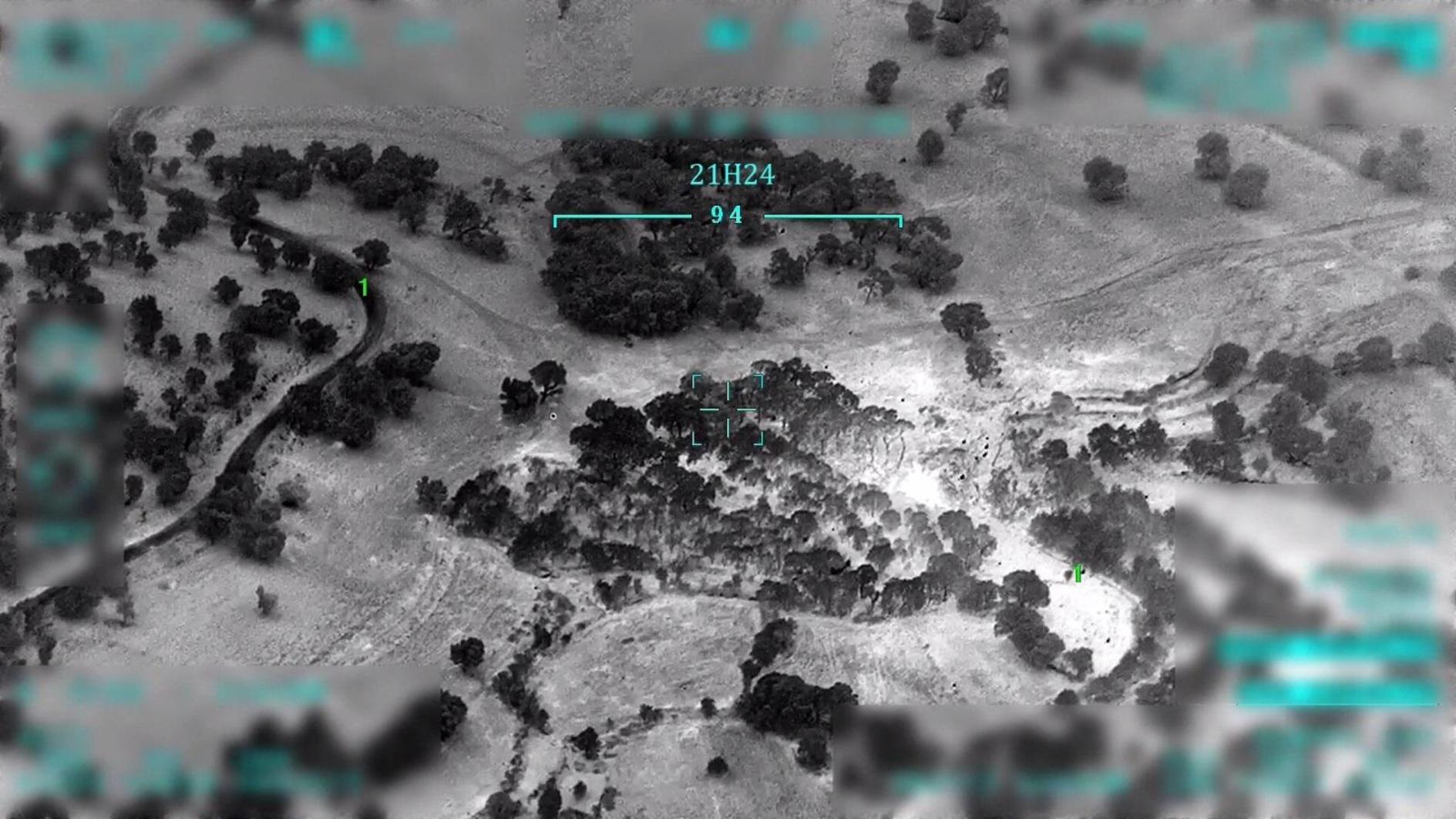World must help Turkey with refugees as ‘things will get even worse’: UNHCR
Emre KIZILKAYA - ISTANBUL ekizilkaya@hurriyet.com.tr
 The U.N.’s refugee chief on June 18 urged the international community, including Western states, to open up their borders and follow Turkey’s example in hosting Syrian and Iraqi refugees.
The U.N.’s refugee chief on June 18 urged the international community, including Western states, to open up their borders and follow Turkey’s example in hosting Syrian and Iraqi refugees.“Usually, there is no limit to the generosity of the less rich. But unfortunately the richest countries in the world do not show the same generosity,” U.N. High Commissioner for Refugees Antonio Guterres said in an interview with Hürriyet Daily News in Istanbul after he announced the agency's annual report, also warning that “things will get even worse before they eventually start to get better.”
What is unique in the Syria-Iraq refugee crisis compared to the UNHCR’s past experiences in other crises?
This has become the worst kind of humanitarian crisis. It’s not only a terrible threat to regional stability, but also a threat to global peace and security. In this regard, we are extremely grateful for the fact that Turkey has had a very generous policy in relation to Syrian and Iraqi refugees. It has kept its borders open to them and has become the biggest refugee-taking country in the world.
What are the latest figures that the Turkish authorities have shared with you?
There are 1.8 million Syrian refugees currently registered in Turkey. There may also be some unregistered ones. The overall total is more than 2 million refugees of different nationalities. That comes with a very high cost to the Turkish authorities.
How should the world help?
Turkey has been, to a certain extent, left alone. This is why we are making a very strong appeal to the international community, to countries in Europe, North America and the Gulf, as well as the emerging economic powers, to show much stronger solidarity with Turkey. We need more resettlement opportunities, more humanitarian missions, more legal avenues to bring over refugees perhaps to Europe. We need more flexible visa policies and more family reunification programs.
Do you have an estimate for the maximum number of refugees that Turkey, its society and economy, can absorb with no significant negative effect?
It’s very difficult to answer this question. If you look at Lebanon, you see that a third of their population is now Syrian or Palestinian. You can’t imagine what that means. Fortunately for us, there apparently is no limit to the human generosity of the less rich. Unfortunately, the richest countries in the world do not show the same generosity. This situation is not sustainable.
Turkey’s Justice and Development Party (AKP) has lost its single-party majority and backdoor meetings for a coalition government have begun in Ankara. How could this affect the refugee situation in Turkey?
We don’t interfere in the political debate in Turkey. We respect all parties. What we hope is that, first of all, there’ll be conditions for the crisis to be solved in Syria and the number of refugees should not increase exponentially, as it has done recently. We also hope that whatever is the composition of the next Turkish government, there’ll be a positive attitude in relation to refugee protection, followed by a stronger expression of solidarity from the outside world.
The Turkish government has been advocating the formation of a safe haven or a buffer zone inside Syria. Does the UNHCR support this idea?
It very much depends on what you mean. Words are sometimes tricky. If there is an area in Syria that becomes safe then of course you’ll immediately see people going back. I was told that even today we see that some Syrians are going back when they see the security situation improve. What we believe is that any area that you mention needs to be conceived in such a way that the right of people to seek and enjoy asylum elsewhere is also not out of question.
If the crisis is solved today, how many of refugees in Turkey are likely to return home, according to your estimates?
I am absolutely convinced that the overwhelming majority will go home. The question is, of course, about making sure there will be investments in Syria for the re-establishment of normal living conditions. That will take some time. Our tragic experiences in South Sudan and Burundi prove this.
How will the crisis end?
We believe it is very important to find a political solution to this conflict. I believe that the U.N. Security Council and those who have an influence on the parties in the conflict need to come together to overcome differences and contradictions that exist. It should be understood that this is now a war in which everyone is losing. Nobody is winning. All the key global actors should come together and put an end to this nonsense.
















